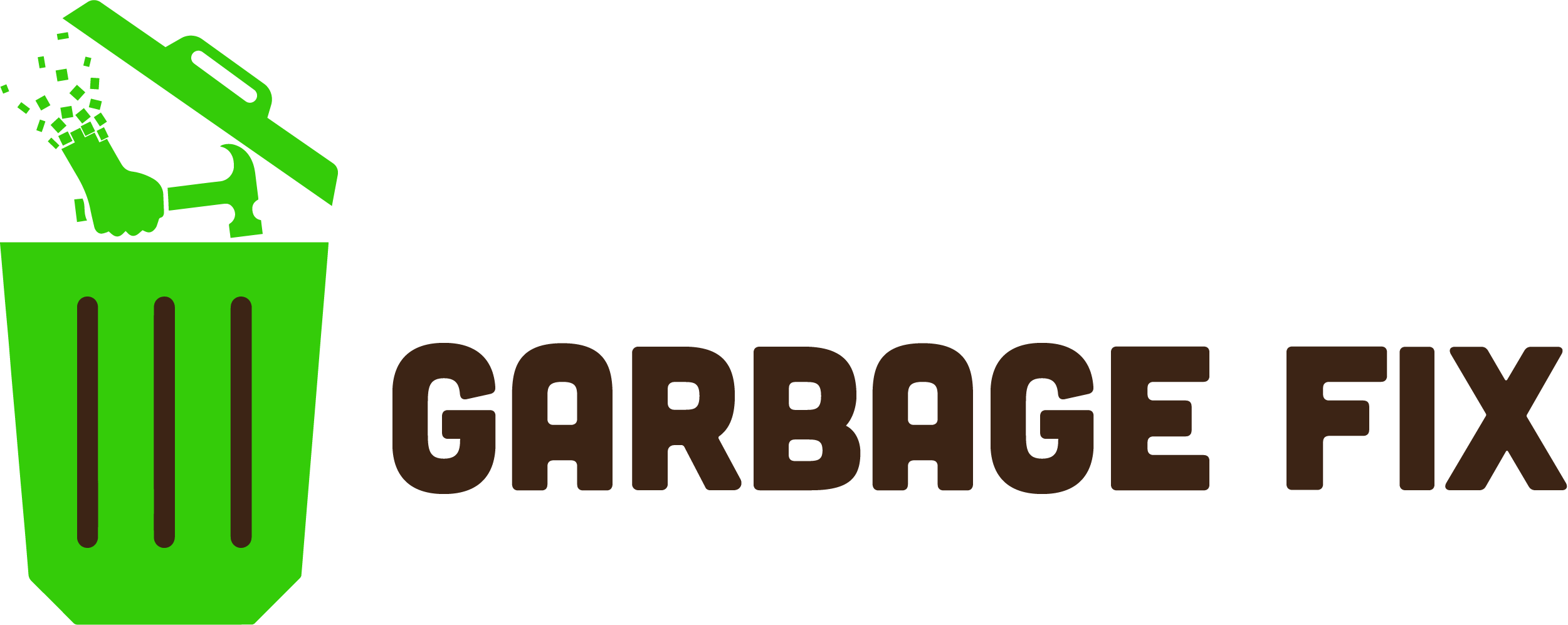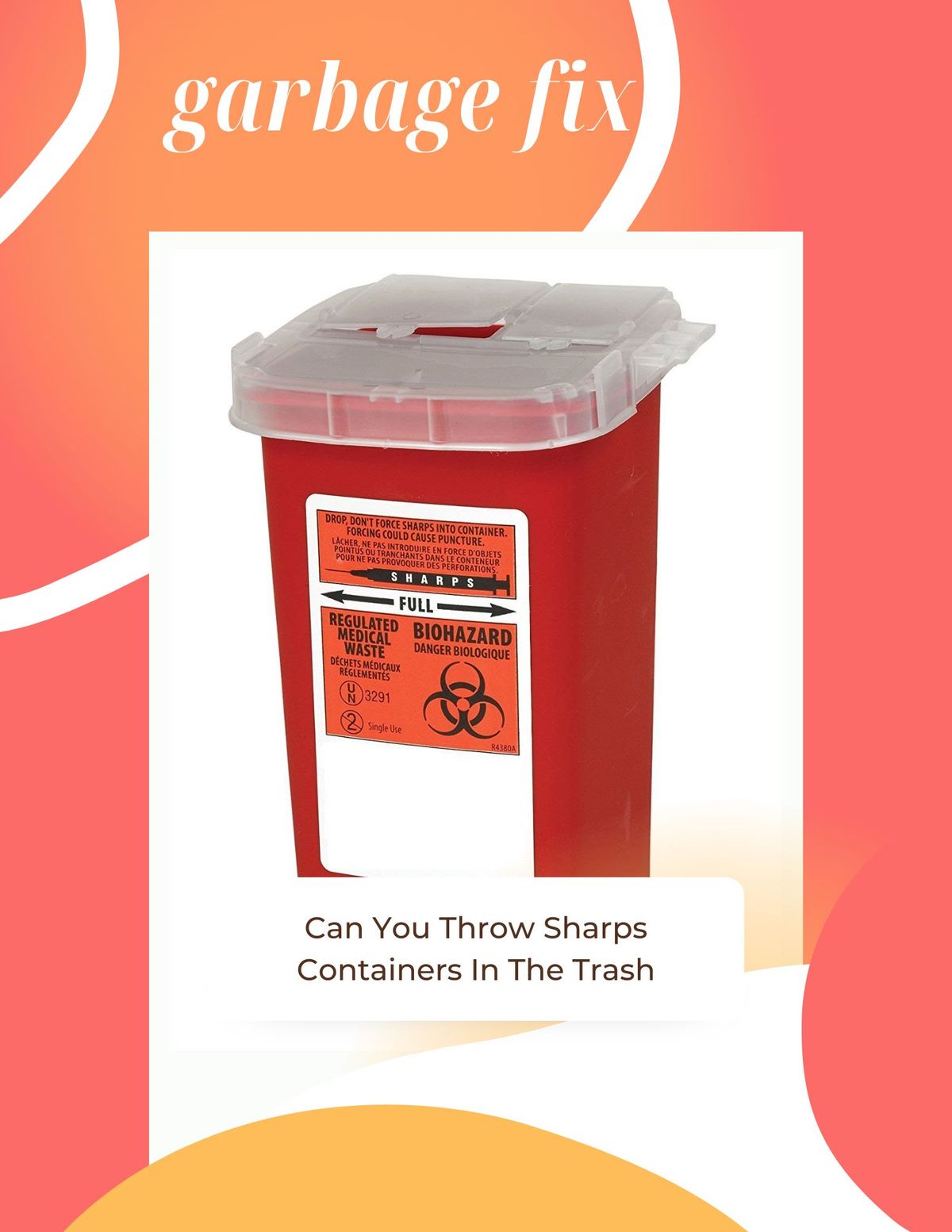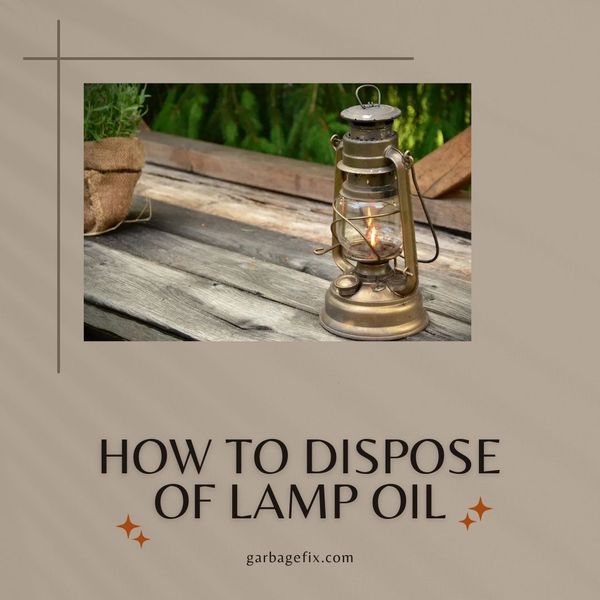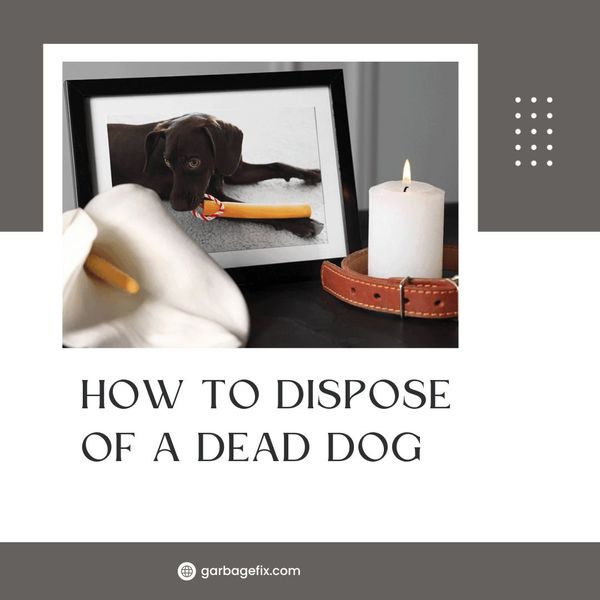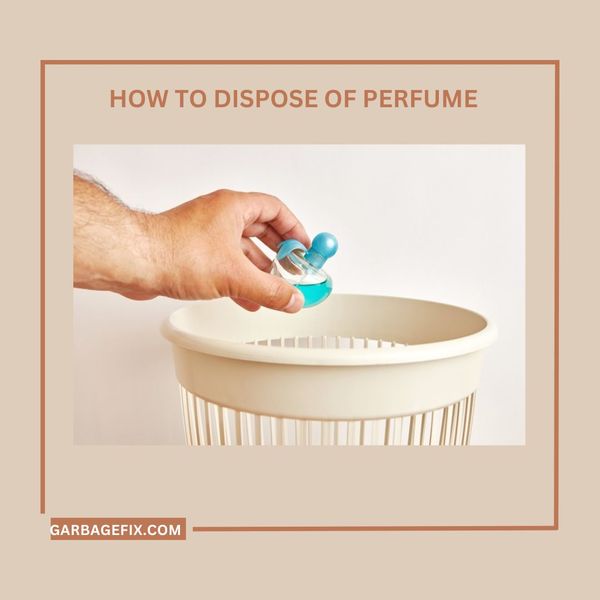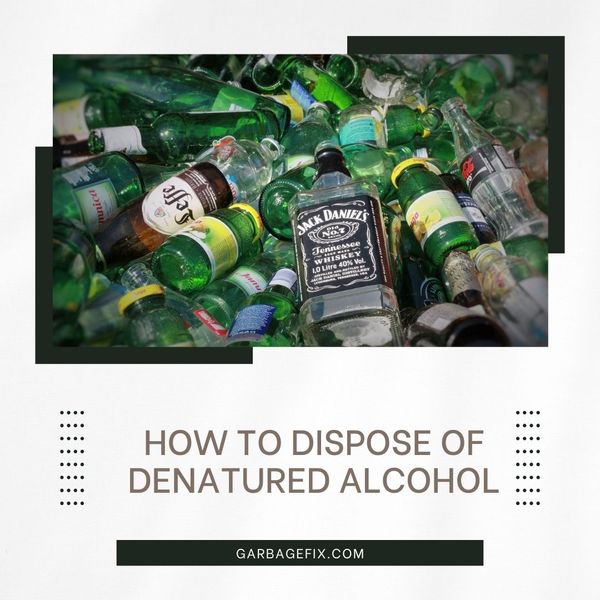Continuous glucose monitor applicators, and autoinjectors all fall within the "sharps." Thus proper disposal of sharps containers and sharps is essential for everyone's safety.
Can I Put Sharps Container In Trash? - What To Consider.
Special Pick-Up Services
A community group may send out highly trained staff members to collect the sharps containers from the home if you sign up for the service. There is usually an associated cost, and some businesses are selective about the kind of containers they are willing to take. Some programs provide regular pickup hours, while others need consumers to call in advance and make an appointment for pickups.
Can You Throw Needles In The Trash?
They can hurt people, transmit diseases like hepatitis and HIV/AIDS, and damage recycling equipment. If someone gets stuck in one, they'll have to get tested for these viruses for years. To avoid needlesticks at home and keep trash collectors and recyclers safe, don't do the following:
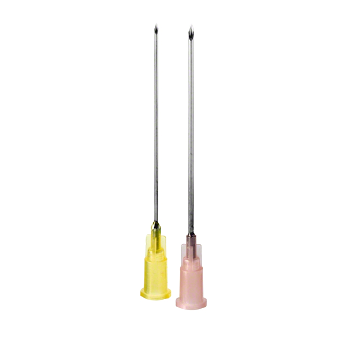
- Please do not dispose of needles, lancets, and syringes in the trash. Do not recycle the needles.
- Do not DIspose of Needles in the Toilet.
- Needles should never be disposed of in old plastic jugs or soda bottles.
Can You Throw Syringes In The Trash?
Doubtlessly not! It is never appropriate to place a used syringe or another sharp object in a standard trash can. It is risky for workers and other people. Due to the scarcity of rules concerning medical waste, sharps and other forms of medical waste are often discarded among the regular trash at hospitals. As a result, a huge volume of discarded medical supplies pile up at a dump and finally leak into the surrounding water.
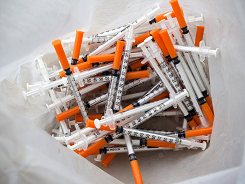
Can You Throw Insulin Needles In The Trash?
Needles and syringes are examples of items designed for a single use and are designed to be thrown away after that use only. Insulin needles that are reused or shared can cause the spread of germs and other infections. Never try to recap a used needle by hand; instead, use the sharps container provided.
Can You Throw Pen Needles In The Trash?
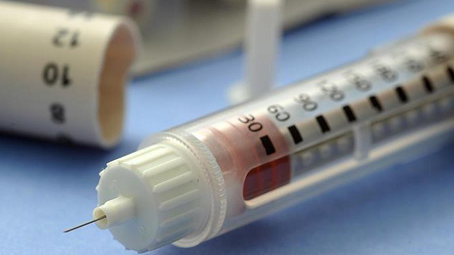
Is It Illegal To Throw Sharps In The Trash?
Even though it may surprise you, most states in the US allow you to dispose of a sealed sharps container with ordinary garbage. Federal legislation stipulates that they must do it. On the other hand, sharp things can't be thrown away with regular trash in some places, so it's important to know the rules in your area.
Can You Throw Sharps In The Trash?
As discussed earlier, sharps are dangerous for living beings. The sharps disposal containers are accepted at pharmacies, medical facilities, health departments, and facilities that handle medical waste, as well as at some police and fire stations. It is possible to receive services at no cost or for a nominal fee.
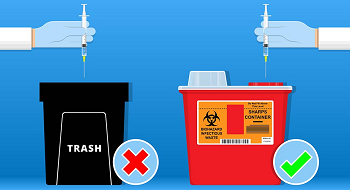
How Do I Dispose Of Needles?
- After use, plastic needles are disposed of by placing them in a plastic bag that has been securely sealed and then place that bag inside a container that is the corresponding color. Needles and other potentially contagious trash are not mixed with syringes, even after they are sanitized and recycled.
- Place used needles and other sharp objects in a sharp container. Be aware that the danger of a needlestick injury rises when a sharps container is overfilled. When the sharps container is roughly 3/4 full, dispose of it following local regulations.
Some Authentic Ways Of Disposal
Local Trash Removal Company
Collection Sites
Local home hazardous waste collection stations may accept sharps disposal containers for recycling. You may also drop off your used motor oil, paint, and other potentially dangerous home items at these locations.
Mail-Back Programs
Certain sharps disposal containers are approved by the (FDA), so you can send them to a collection point for safe disposal. The rental cost is different for containers of different sizes. If you are participating in a mail-back program, it is important to identify your sharps container according to the manufacturer's instructions.
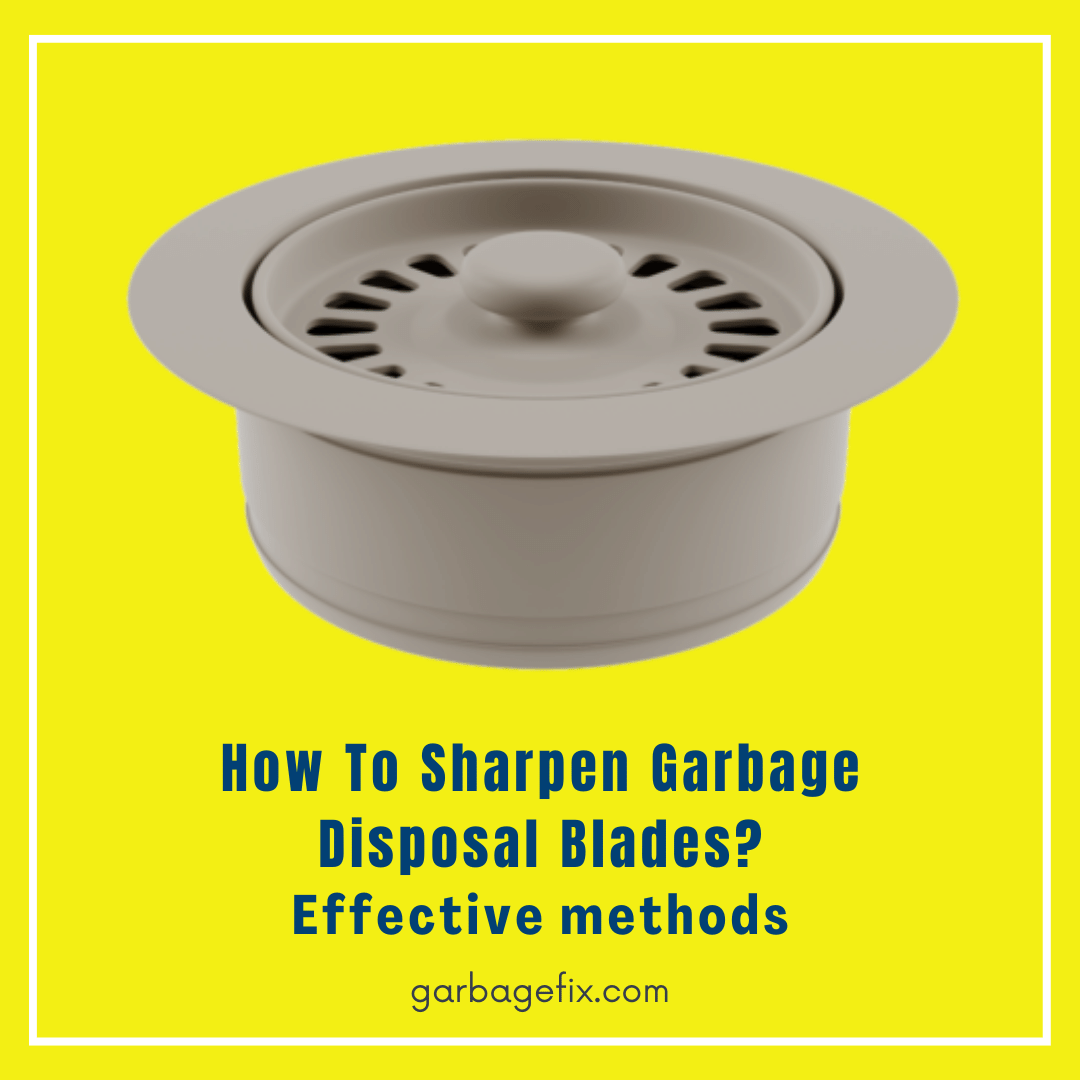
Needle And Sharps Disposal - Useful Considerations
Garbage collectors and landfill personnel face a severe safety risk from the inappropriate disposal of toxic sharps. Sharp objects might cause damage if dumped in trash bags with other garbage. To help you out, here are some suggestions for waste disposal.
Whether you need to dispose of needles, ask your doctor's office, clinic, or hospital if they have a sharps disposal program. Instead, please read the accompanying instructions on how to dispose of used needles safely and other sharps.
How We Can Help Others
- It's important to properly dispose of needles and other potentially infectious objects used in home healthcare to avoid injury, sickness, and environmental contamination. It is our priority to ensure the safety of you, your loved ones, and the people who come to collect your garbage.
- The proper way to dispose of used needles, lancets, syringes, and other potentially infectious sharps is to place them in a disposable, puncture-resistant container, i.e., a coffee can. The container you choose should have a narrow aperture to prevent unauthorized individuals from reaching in and removing whatever is inside.
- Mark the packaging with a RED PEN, and the words "BIOHAZARD" mark Any trash classified as a potential health risk with red. The sharps recycling program does NOT accept used needles or other potentially infectious sharps.
- Please do not recap needles or intentionally bend or shatter them before placing them in the sharps container. Put every piece in the box.
- After the container is full of old needles, fill it with a bleach solution made of one part bleach to ten parts water. Used sharps are sterilized by letting them soak in the solution for 20 minutes. Then, after taping the lid shut, you may toss the disposal container into the trash after pouring the solution into the sink. Make use of strong duct tape.
Conclusion
It is not a good idea to put sharp objects in the rubbish or to combine them with other trash. There are trash containers accessible for disposing of this kind of waste. State laws for the disposal of such waste, however, differ.
When disposing of such materials, you should follow the additional measures outlined in this article to prevent significant harm or health problems.
